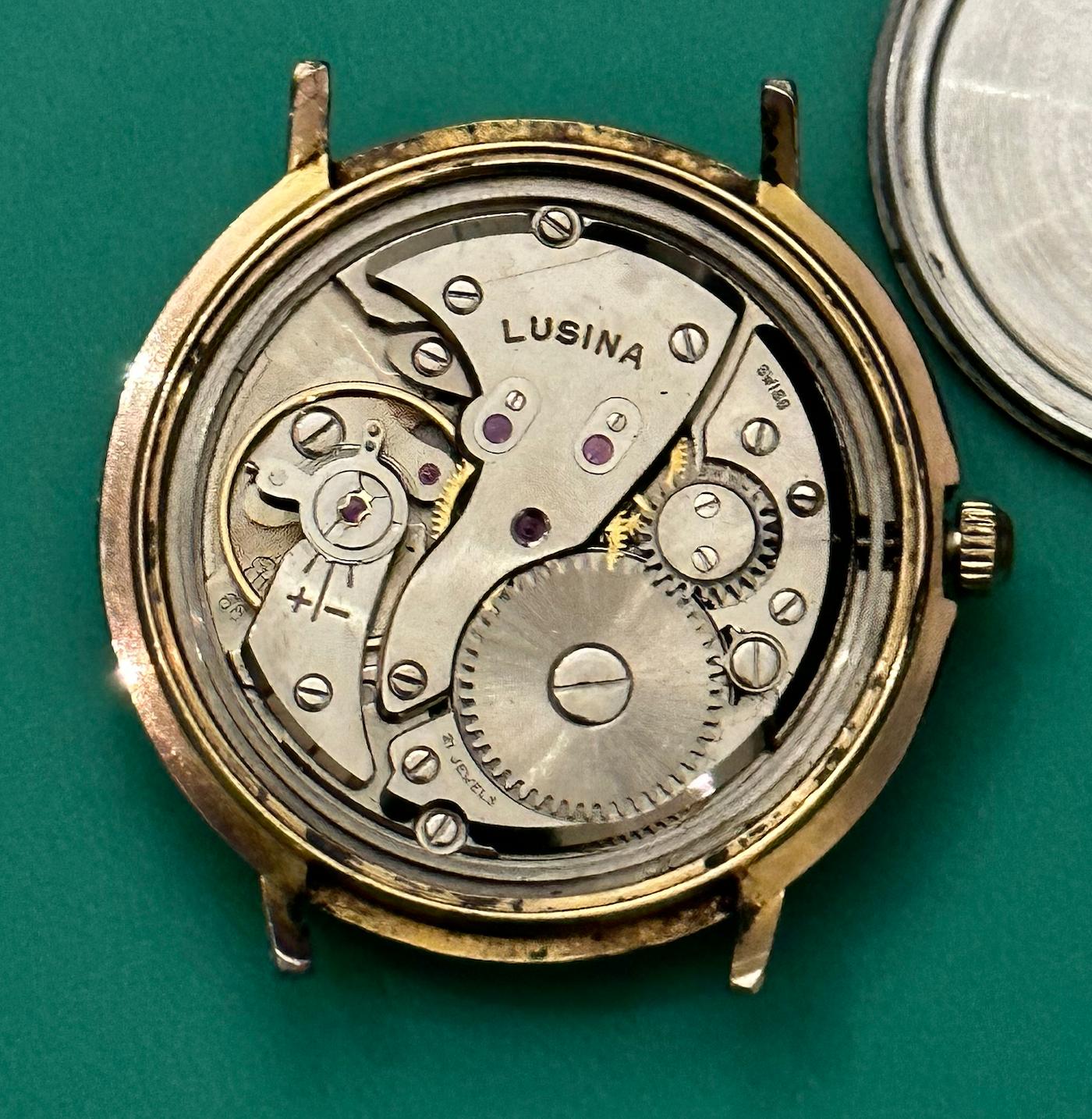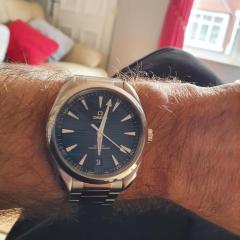Mechatronics Engineering v Mechanical Engineering
-
Recently Browsing
- No registered users viewing this page.
-
Topics
-
Posts
-
Speaking of 404 reboot.... I have another category of watches... Those that I wished I had not gone above £4.04 when I bid for them!!! Someone probably should have also told me to stop before I put a new stem, crown, crystal, escape wheel and then adjusted the end shake on the escape wheel. This was all on watch that had a EB 8800 pin lever movement in a worn gold plated case with a snap on case back (basically everything I try to avoid!).
-
By nevenbekriev · Posted
The problem is that this movements were not produced with the modern level of standartization, there for parts from one didn't fit well to another, even if they may look the same. May be it doesn't concern the winding stems, but yet there are not spare parts for such movements in supply companies, not even clear calibre identification possible. And where calibre identification is possible, there are no Ronda numbers for the balance staff or the winding stem for this calibers in the data bases. -
That black stuff - I had similar things happen with evaporust! In that case I understand the evaporust eats the iron oxide away without hurting the metal but it can leave behind a layer of carbon which was in the steel that got oxidised. I spent ages trying to perfect a cleaning regime with various different stages in jars in an ultrasonic bath. In the end I switched to washing all but the balance and pallet fork in IPA and gently brushing it with a small artists brush. I would estimate that I have found an extra 20º of amplitude doing this! It also takes me no longer than waiting hanging over a tank to move stuff to the next jar If it is really bad then I have used the IPA as a prewash and go through my old routine
-
I thought is FHF. Sounds good to make winding stem by myself but I am not in watchmaking on this level. 😄
-







Recommended Posts
Join the conversation
You can post now and register later. If you have an account, sign in now to post with your account.
Note: Your post will require moderator approval before it will be visible.